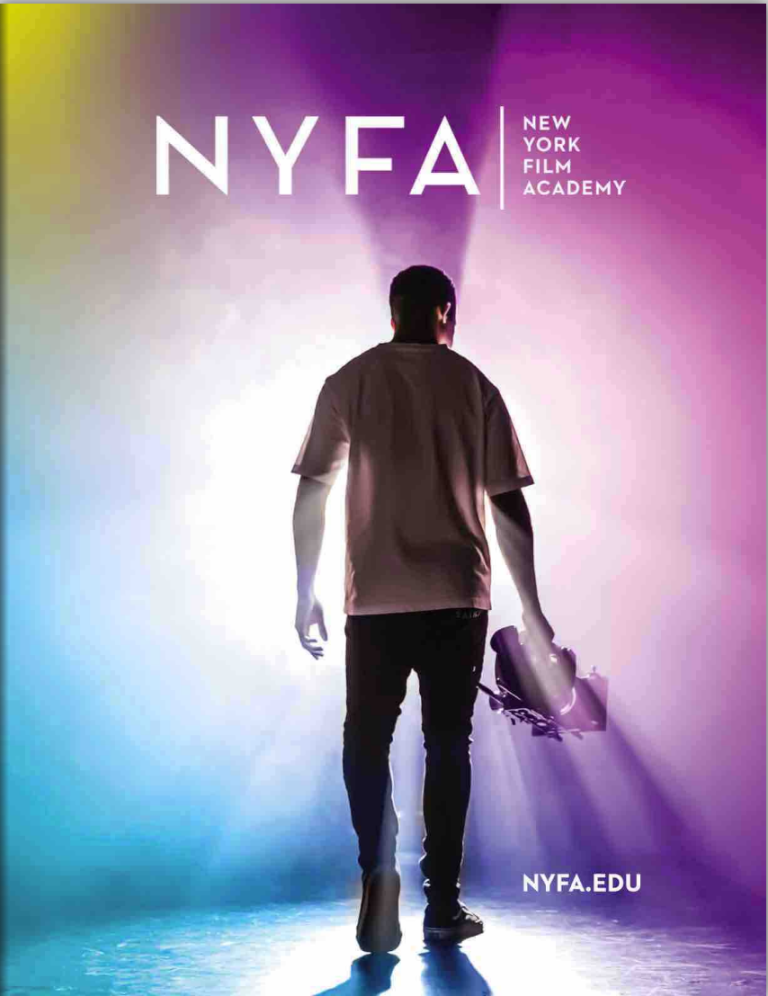3-Week Musical Theatre Camp
Kids Musical Theatre Camp in NYC
During NYFA’s 3-Week Musical Theatre Camp, kids strengthen their performance skills in acting, dance, improv, and voice under the guidance and direction of musical theatre performers. This engaging three-week program is designed to help young artists aged 10-13 flourish, culminating in a finale performance for family and friends, where campers perform song selections and acting pieces from the stage and screen.
Program Description
Camp Name: 3-Week Musical Theatre Camp
In our three-week kids camp, aspiring performers can build upon their fundamental skills and continue to hone their craft. Students also explore new vocal and acting techniques in classes such as Performance Lab and Voice Studio Lab, as well as a Masterclass Q&A with our experienced professional. During this three-week program, kids will receive guidance and direction from our faculty of experienced musical theatre veterans, with recent and current credits in Broadway, off-Broadway, and regional shows that range from Chicago to Wicked. At a final staged graduation showcase, students can demonstrate their newly acquired and honed skills for family and friends. At the end of the camp, all students will receive a digital recording of the final performance.
Prior to attending our camp, students will need to choose one song from the musical theatre genre. Our faculty will use that selection to assess a student’s voice and range. Students will supply their own dance shoes (can be sneakers), as well as clothes to dance in.
To learn more about NYFA’s camps, visit the NYFA Camp Brochure.
3-Week Musical Theatre Summer Camp for Kids I
| Location | Program Start Date and End Date | Tuition |
|---|---|---|
| New York City | July 21, 2025 – August 8, 2025 | Tuition: $ 2,700 (USD) Program Duration: 3 week |

